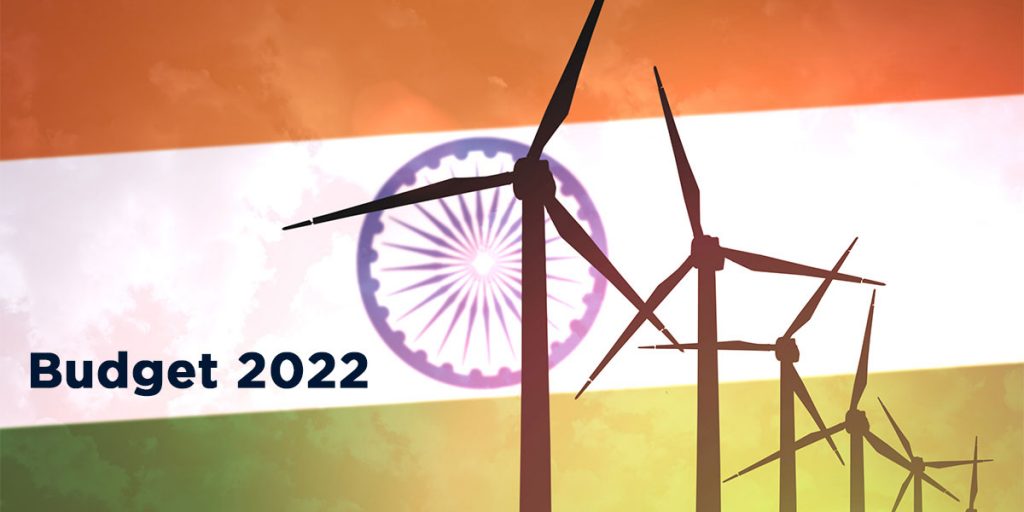Vaishali Nigam Sinha
10 August 2023
ReNew

Source : Pixabay
It is the private sector
that helps implement and advance climate action strategies.
Earth’s temperature has risen by more than 1°C in the last
century, a direct consequence of increased greenhouse gas emissions. There are
fluctuations in global temperatures. We see melting ice caps, rising sea
levels, air pollution, natural disasters, changes in agriculture as well as
livestock farming, and soil erosion leading to desertification.
In 2021, the Intergovernmental Panel on Climate Change (IPCC)
reported that, with temperatures rising fast, humanity will experience global
warming a decade earlier than anticipated. The IPCC added that a sustained
reduction in carbon emissions was necessary because the global speed of
implementing nationally determined contributions (NDC) was insufficient. The
World Health Organization announced that a ‘healthy recovery’ was necessary,
and this was possible only in a carbon-free economy.
2009 was a breakthrough year for climate action. COP15 held in
Copenhagen, saw states come together to cap global temperatures and provide
funds to developing countries. Called the Copenhagen Accord, a pledged amount
of $100 billion was to be raised and distributed each year. (Only a tenth of
the $100 billion pledge—about $10 billion—was received.) In 2015, the Paris
Agreement, signed by 196 countries, set the stage for ‘net-zero’. The Agreement
included limiting carbon emissions to the point where they could be offset.
Setting a target of 1.5°C, this historic agreement was aimed at mitigation efforts
and climate justice.
In 2021, at COP26 in Glasgow, India announced that it would
achieve net-zero by 2070. In 2023, we are still the world’s third largest
emitter of carbon. According to a McKinsey Sustainability
report, India can create 287 gigatons of carbon
space for the world. This amounts to almost half of the global carbon budget
needed to limit warming to 1.5°C.
Last year, at the COP27 summit in Sharm El-Sheikh, a ‘Loss and
Damage Fund’ was created to support countries historically impacted by climate
change. The fund received more than $230 million in pledges. Further
discussions on financial commitments and connecting with COP28’s call for ‘Race
to Resilience’ will take place at the Dubai Summit later this year.
Regulators the world over are putting together progressive
policies to reduce the amount of carbon in the air. India, too, is working to
make renewable energy more available. The government has enacted policies that
include carbon taxation on transportation fuels. But it is the private sector
that helps implement and advance climate action strategies. By adopting
Sustainable Development Goals and mainstreaming ESG practices across functions,
corporations help systems pivot towards net-zero economies.
ReNew works consistently to not just create renewable energy,
but also lead decarbonisation efforts in India and around the world.
In 2022, ReNew announced that it’d achieve net-zero by 2040. In
addition to our utility scale solar and wind power plants across sites, we have
commissioned a total of 99 MW of hydropower projects. With an RTC portfolio of
~1.70 GW, ReNew’s projects support businesses with round-the-clock power
supply.
Further, ReNew is investing in green hydrogen as a pathway to
becoming carbon-neutral. We have also delved into power transmission through
multiple inter-state transmission system projects underway that provide
comprehensive solutions to convert to renewable energy.
Our solutions for corporate businesses include power purchase
agreements (PPAs) that enable companies to switch to renewable energy
seamlessly. ReNew has helped generate around 2 GW of clean energy, mitigating
over 4 MT of carbon emissions. Market adoption is made easy by our storage
solutions, which include the largest battery storage project in all of South
Asia, and the successful management of over 1,000 MW of clean energy in the
open market gives us the expertise to handle other portfolios.
So, why the hurry? While decarbonization efforts are initiated, the speed at which implementation is made isn’t fast enough. The situation is urgent. The last time global temperatures increased; the mean sea level was much lower than it is today—the sight of entire cities sinking underwater isn’t that far away.
Read more how ReNew is helping the corporates in their decarbonization journey.








